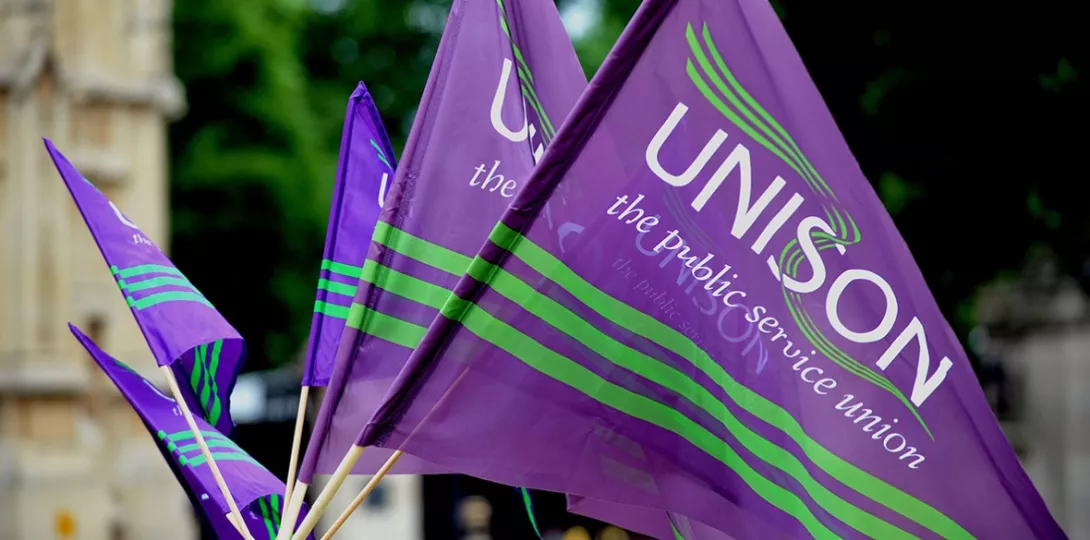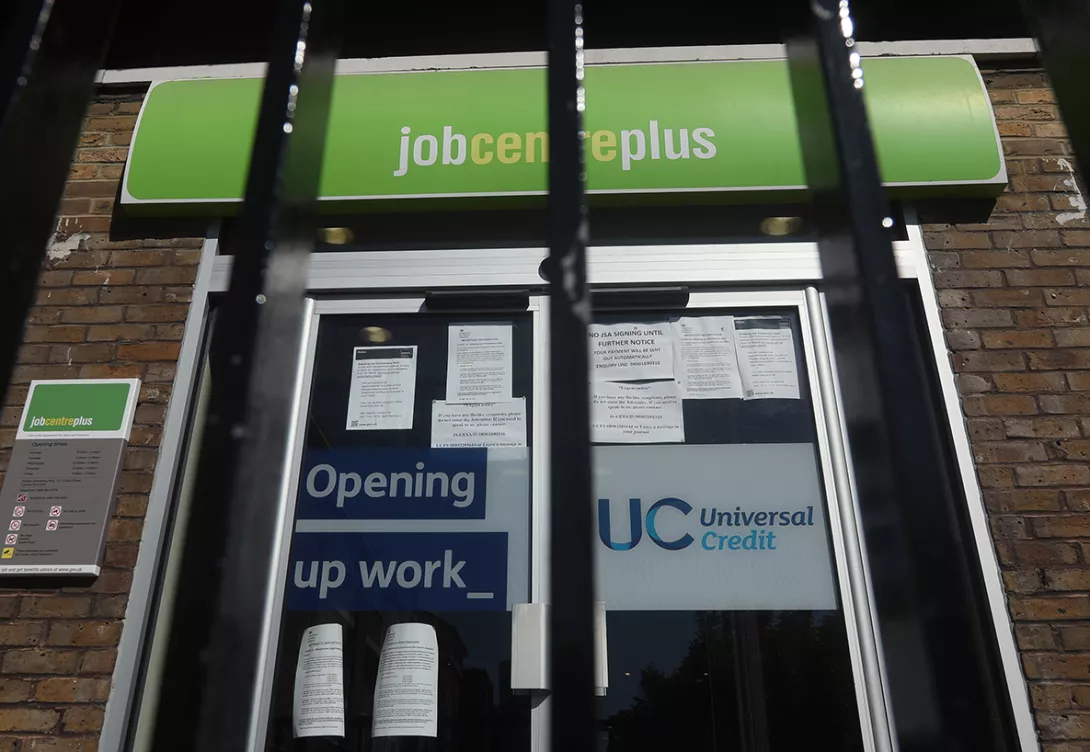
MILLIONS are set to suffer a devastating rise in personal and household debt next year, with economic experts blaming austerity for Britain’s “chilling” recession forecasts.
In a report published today, the TUC is warning that families face a “debt timebomb” as 2024 will see an estimated 11 per cent real-terms rise – averaging £1,400 – in unsecured debt with household borrowing hitting record levels in 2026.
The union body’s analysis of government figures found the average family debt will reach £17,200 – exceeding the previous record from 2007 of £16,800.
By 2028, unsecured debt per household is set to top £19,000 amid a projected 43 per cent rise throughout the next parliament, it added.
Rises in this type of debt, which covers any money owed that is not tied to assets or unpaid utility bills, are a sign of stretched personal finances which wreck national spending and growth.
Calling for an early general election in his annual New Year Message today, TUC general secretary Paul Nowak will say: “Every month the Tories stay in office the more families will be pushed into debt.
“This party of out-of-touch millionaires is more focused on clinging to power than on growing our economy and getting living standards rising again.
“If something doesn’t change, real wages won’t recover to their 2008 levels until 2028.
“These 13 years of economic stagnation have left working people brutally exposed to the cost of living crisis.
“We cannot afford a Tory government for one day longer.”
Mr Nowak is set to add that Labour’s New Deal for Working People represents “the prospect of a new era of a grown-up, constructive approach to industrial relations, where disputes are solved through negotiation. And a clear commitment to put unions and employers at the heart of a modern-day industrial strategy.”
It came as Paddy Lillis, general secretary of the shopworkers union Usdaw, warned forecasts of a recession would send a “chill” down the backs of many workers.
In his own New Year message he said: “The price of essential items like food continues to rise at twice the headline rate of inflation, which is still double the government’s target.
“Forecasts of a recession will send a chill down the backs of many workers.
“We need improved pay and conditions. Usdaw continues to campaign for a genuine living wage and more secure contracts as a key method of tackling in-work poverty.”
Mr Lillis said the Tory government had “disgracefully turned their back on working people,” adding: “They promised to improve workers’ rights but have only attacked those workers seeking fair pay deals through deeply damaging anti-strike legislation.
“The vast majority of our members are key workers in the grocery and pharmaceutical retail and distribution industries, working hard all year round to keep our communities fed and healthy.
“It is a disgrace that many are struggling to make ends meet and do not get the respect they deserve. They need a government on their side.”
Experts have raised concerns with the Morning Star that little will change for Britain’s economic woes under Labour.
Professor of accounting practice at Sheffield University Richard Murphy said: “Because the government is refusing to go into debt, or even mitigate its own interest costs by demanding that the Bank of England bring interest rates down, it is instead forcing millions into intolerable and potentially unrepayable levels of personal and household debt that will cause misery for many years to come.”
He said “nothing could be more economically immoral” than forcing households to the brink of insolvency due to the Tories’ false assumption that government should be managed “like a household.”
“Worse, there is no sign that Labour will do anything differently under Rachel Reeves,” he said.
Dr George Dibb, head of the Centre for Economic Justice at think tank the Insitute for Public Policy Research, added: “Record levels of household debt are extremely concerning but unfortunately unsurprising.
“Britain is in drastic need of a new vision for the economy that recognises inequality holds all of us back.
“Reducing the gap between the best and worst with prosperity for all matters more now than ever.”
The TUC excluded student loans from its analysis, which accounts for inflation and is based on Office for National Statistics data and this year’s Office for Budget Responsibility forecasts.













